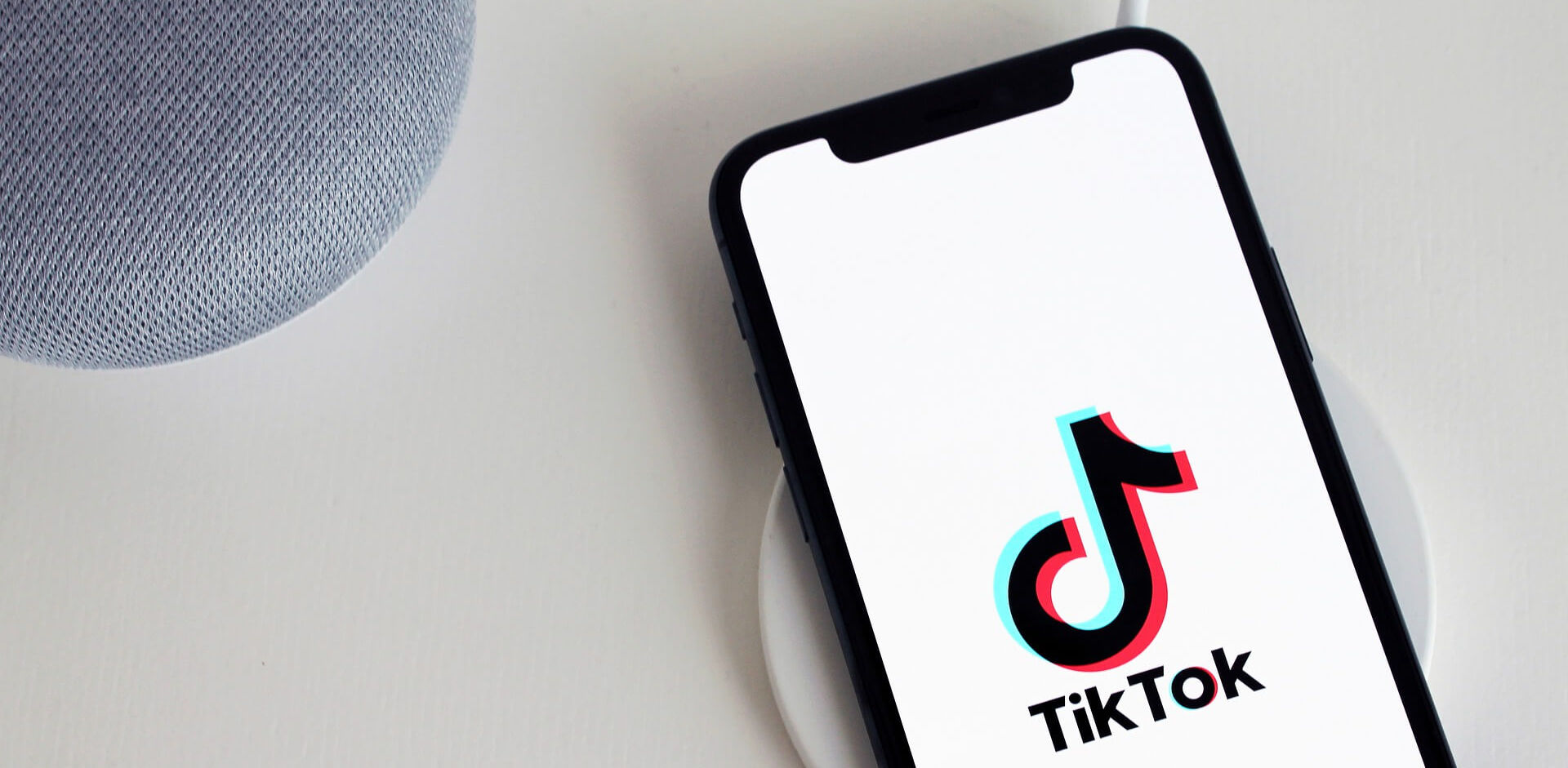Mueller, the GSA and the Trump Transition
The other day I posted a tweetstorm on the issues raised by the Trump transition's letter to Congress relating to the Special Counsel's access to transition data stored at GSA. The TL;DR summary: Not much there, there. I thought the entire text might be of interest to Lawfare readers:
A thread on the allegations of impropriety in Mueller's collection of Trump transition emails from the GSA /1
Published by The Lawfare Institute
in Cooperation With

The other day I posted a tweetstorm on the issues raised by the Trump transition's letter to Congress relating to the Special Counsel's access to transition data stored at GSA. The TL;DR summary: Not much there, there. I thought the entire text might be of interest to Lawfare readers:
A thread on the allegations of impropriety in Mueller's collection of Trump transition emails from the GSA /1
— Paul Rosenzweig (@RosenzweigP) December 17, 2017
Assume the facts as stated by Trump -- that Trump for America is a private entity using GSA services (phones, email, computers, etc.) to conduct its transition function /2
— Paul Rosenzweig (@RosenzweigP) December 17, 2017
Assume, also, that the relationship between GSA ant TFA is covered by an MOU and that all of the data in question is housed on government servers and/or is content sent to/from a "https://t.co/fsx1cD2wsF" email address /3
— Paul Rosenzweig (@RosenzweigP) December 17, 2017
Even assuming all this, the Trump complaint is utter arrant nonsense. To begin with, the MOU (per Buzzfeed) contains an explicit caution that use of government resources means no privacy rights exist /4
— Paul Rosenzweig (@RosenzweigP) December 17, 2017
More to the point, no corporation has any Fourth Amendment right to protection for documents/records held by a third-party -- just like individuals. This doctrine has been the law since the 1970s (if not earlier) /5
— Paul Rosenzweig (@RosenzweigP) December 17, 2017
And, no subpoena or warrant would, generally, be necessary when one part of government (DOJ) requests documents from another (GSA) /6
— Paul Rosenzweig (@RosenzweigP) December 17, 2017
And almost certainly, even if viewed as a request for records from a third party akin to Google, this request falls inside the SCA/ECPA 6-month window where no warrant is required /7
— Paul Rosenzweig (@RosenzweigP) December 17, 2017
So, first conclusion: Complaints that this violates the Fourth Amendment are utterly without foundation /8
— Paul Rosenzweig (@RosenzweigP) December 17, 2017
Turn now to the question of whether or not some of the materials are "privileged." The Trump letter mentions 3 possible privileges that would be applicable: attorney-client; presidential communications and deliberative process /9
— Paul Rosenzweig (@RosenzweigP) December 17, 2017
The last two are frivolous assertions -- they apply only to government communiications. But the premise of the complaint is that Trump for America is a "private" organization. By definition it cannot have a government privilege /10
— Paul Rosenzweig (@RosenzweigP) December 17, 2017
Even more importantly, before Trump takes the oath, he is just a private citizen. Neither he nor anyone working for him can claim a governmental privilege. /11
— Paul Rosenzweig (@RosenzweigP) December 17, 2017
The attorney-client privilege claim is wrong also. For one thing the privilege protects only the corporation (Trump for America) and not any of the officers, directors or employees of the private entity /12
— Paul Rosenzweig (@RosenzweigP) December 17, 2017
For another, for a privilege to remain intact it much be zealously guarded. The privilege holder cannot expose the privileged information to other people. Here, again, the failure to protect the information by allowing it to be hosted on a third party server ... /13
— Paul Rosenzweig (@RosenzweigP) December 17, 2017
effectively waives the privilege. And, of course, the attorney client privilege would only apply to advice sought by the company for the purpose of conducting its business. Since none of its business could lawfully involve interactions with Russia, no privilege could . . . /14
— Paul Rosenzweig (@RosenzweigP) December 17, 2017
apply to those communications. Indeed, one suspects that Mueller got the docs from GSA precisely to avoid bogus claims of privilege for withholding. /15
— Paul Rosenzweig (@RosenzweigP) December 17, 2017
What then to make of all this? First, it is clear Trump team fears that Mueller has evidence of perjury/false statements since contemporaneous emails may well contradict subsequent exculpatory statements /16
— Paul Rosenzweig (@RosenzweigP) December 17, 2017
Second, as the letter makes clear in asking for a legislative fix, there is really no colorable claim of illegality. /17
— Paul Rosenzweig (@RosenzweigP) December 17, 2017
And sending the letter to the two Government Oversight committees, which have no jurisdiction over Mueller at all, makes it clear that the Trump team knows this is just nonsense. /18
— Paul Rosenzweig (@RosenzweigP) December 17, 2017
Likewise their failure to assert any of these claims in court reflects an understanding that the claims have now legal merit. /19
— Paul Rosenzweig (@RosenzweigP) December 17, 2017
Bottom line: Just another effort to create doubt about Mueller and/or set up a "reason" for firing him. But, as @RDEliason says Mueller would have committed malpractice had he not sought these records /20
— Paul Rosenzweig (@RosenzweigP) December 17, 2017
Craven Republicans will again condemn Mueller. This basis, however, is frivolously wrong. /End
— Paul Rosenzweig (@RosenzweigP) December 17, 2017
Since I published the storm a couple of points have been made that are worth noting. First, the law REQUIRES the transition teams to use the GSA. This may mitigate, somewhat, the attorney-client waiver analysis. Second as Orin Kerr pointed out, the third party content doctrine may no longer be good law -- but the other reasons for thinking there is no Fourth Amendment violation remain sound.





